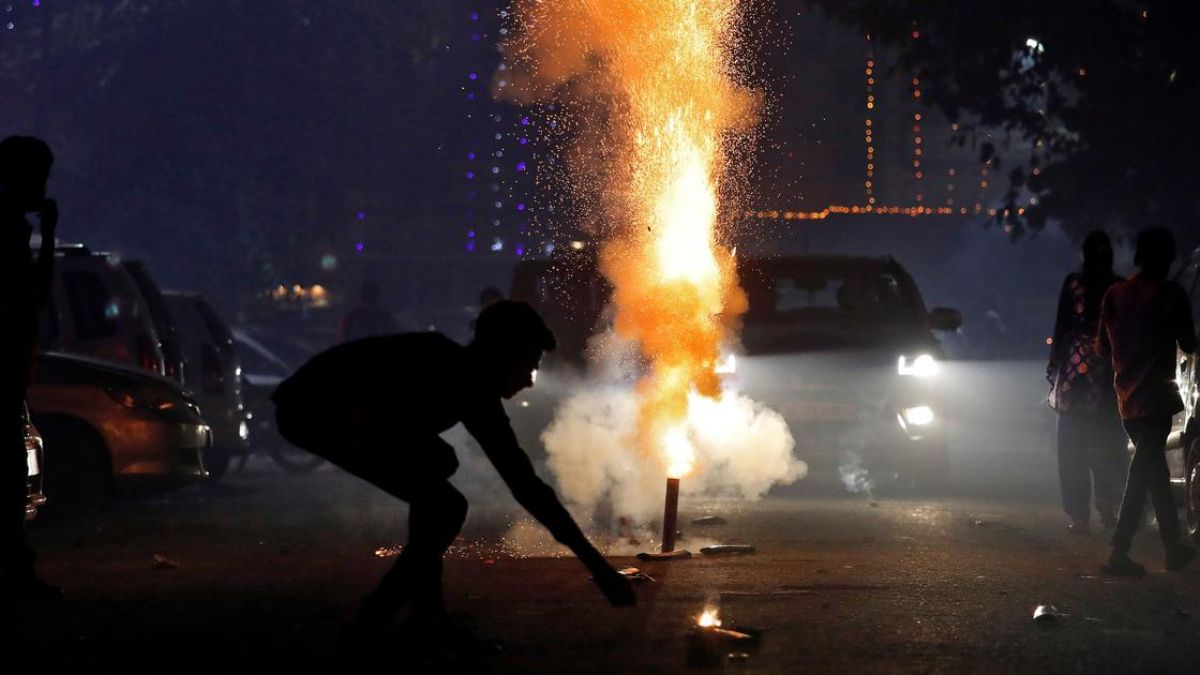A SNEAKY little-known hack letting you save hundreds on your next long haul fight has been revealed.
Stats reveal that British airfares in 2024 were a staggering 66 per cent higher than nine years earlier, according to the Office for National Statistics.
But not all hope is lost – Brits with wanderlust can still fly out on the cheap and save up to an eye-watering 55 per cent travelling as far away as Asia, Australia or New Zealand, according to The Times.
The first thing to note is to book directly with a Chinese airline – though you often have to present all your passport details here instead of when checking in.
Research found by analysing economy return flights from London to ten destinations over ten days in January shows Chinese carriers offered the best deal in eight out of ten cases.
Chinese airlines were found to be between 15 and 34 per cent cheaper on average.
But flyers will find their comfort may be compromised, seeing long layovers for example.
Destinations studied included Auckland, Bali, Bangkok, Beijing, Brisbane, Ho Chi Minh City, Kuala Lumpur, Seoul, Sydney and Tokyo.
The cheapest Auckland return flight with Air New Zealand was £1,653 – totalling 27 hours and 30 minutes, including a four hour stop in Vancouver.
But China Southern Airlines was offering the same journey from London for just £1,330 with a six hour layover.
It’s not just flying to Oceania that’s a bargain – travelling to Tokyo with Japan Airlines via Madrid from London will set you back £996 – and the flight is 19 hours long.
If you opt to fly with China Eastern Airlines via Shanghai, you can save 29 per cent even though the journey time is an hour and 45 minutes shorter and costs just £705.
A direct British Airways (BA) flight to Seoul, South Korea costs £1,154 with Korean Air and takes 12 hours and 25 minutes.
The same flight with Air China, which takes you through Beijing only lasts an hour and a half longer – but costs just £539.
It’s thought that Chinese airlines can flog cheaper tickets because their operating costs are lower.
But political reasons also affect rising costs for customers.
Two years ago, Moscow banned EU, British and Canadian airlines from using its airspace in response to western-imposed sanctions.
This meant these airlines had to take longer and pricier diversions.
On the other hand, China, who is friendly with Russia, was able to use Russian airspace and has enjoyed keeping costs low for consumers.
The CEO of Dutch flag carrier KLM recently called on the EU to impose their own tariffs on Chinese airlines in a bid to level the playing field.
Read more on the Scottish Sun
Marjan Rintel said last week: “[Using Russian airspace] sometimes saves two to four hours.
“You see that reflected in the price and, of course, the costs are higher for us.”





)


